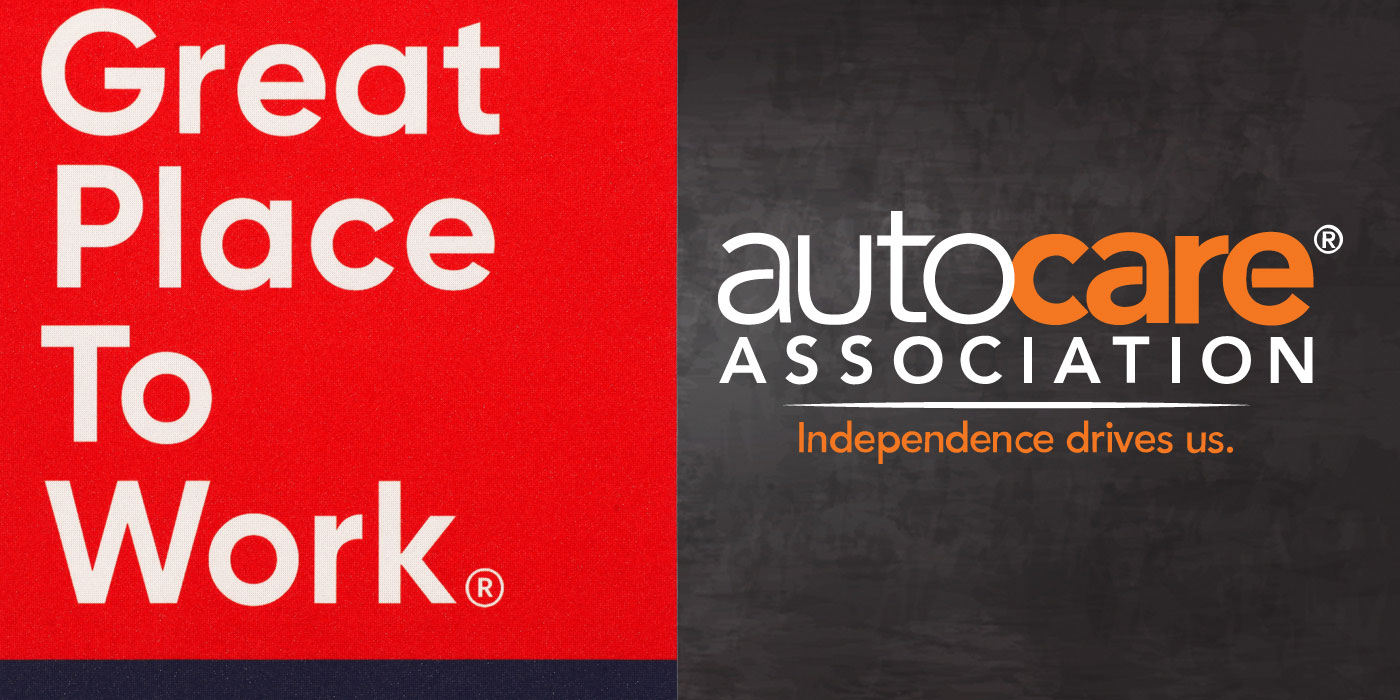You have never sold a part to a competitor? Really! In today’s global marketplace, with multiple distribution channels and revenue opportunities shifting from the “way we used to do it” to the “way we must now do it,” can we truthfully answer this question with a “no?” Discerning if a customer is a competitor today, or could he be a competitor tomorrow, and understanding what impact selling to him will have on your business, is now a required component of our collective business acumen.
This dilemma has been played out in our industry for decades. I can hardly remember a dinner conversation among industry peers where this topic was not discussed. I have met people on both sides of the argument. On one extreme, there are those who stick to a generational hand-me-down mantra of not even talking to competitors, not ever, because it will mystically emasculate their business. Their well-rehearsed speeches usually date back to their granddaddies, who never sold to competitors.
They were further indoctrinated into this school of thought by their daddies, who not only wouldn’t sell to competitors, but downright hated competitors’ guts. Now enter the guy I’m having dinner with, who has been so sheltered from his competitors by his grandpa-daddy duo since the beginning that he doesn’t even know who his competitors are!
Now, turn 180 degrees to the far side of the argument, and you will find the guys who follow the Hard Rock Cafe’s mission statement: “Serve All, Love All.” Tough pondering indeed: to sell or to not sell, to hate or to love. Who would have thought Shakespearean quandaries would make their way to the auto parts industry?
I wish I could tell you I’m the Dali Lama of auto parts — that I have some secret wisdom to share with you that’ll guide you away from the Dark Side to put an end to this argument once and for all. I do know enough to say that selling to all of your competitors will probably shorten your business life expectancy by decades. On the other hand, not selling to any of your competitors will most like cost you money in lost potential, lost partnerships, lost synergies and lost collaborations. A well-planned strategy on partnering with a competitor has led to many collective successes; just ask any member of the OPEC oil cartel.
Coming to terms with this issue is not easy for any of us. It has been like this for many years, in many industries. The lines undoubtedly begin to blur when you realize that it is not only a problem you confront as a seller, but also as a buyer. Many of us are facing the tougher side of this issue when we compete with our vendors, too. The channels for vendors are shifting, causing vendors to search for new opportunities that have, and will continue to create, new challenges for all of us in the distribution business. So the question is not only will you sell your competitors, but are you prepared to compete with your vendors?
Now enter the Internet, with e-commerce, the lines of market deformation, err, I mean, demarcation, are pretty much rubbed out. Can you even tell who is who on the Web? The Web has created a whole new channel for us. As cliché as it may sound, it’s a new disruptive force that has created a paradigm shift.
As with every disruptive change, new opportunities are arising — so please do not run for the hills after reading this column. I’m amazed by the free market efficiencies at play here. The stuff they theorize about in business school is happening right in front of our very eyes. Many of our companies, manufacturers, vendors, wholesalers and retailers are thriving with new tech ideas in these e-markets. Furthermore, the lessons learned by the change in the market has forced us to adapt, and has made many of us better competitors.
Just be warned, you might not even know that you are selling to a competitor right now. Thankfully, not all companies are the same, and although we might feel some of the parts we sell are becoming a “commodity,” we are not in the commodities business. For you see, competition is not just about product. It’s about the services we bundle, the websites we build, the partnerships we forge and the people we employ. That makes each of us unique, and since buyers have a choice, be ready to be the best you can be so those buyers choose you and not that competitor you might or might not be selling to today.







